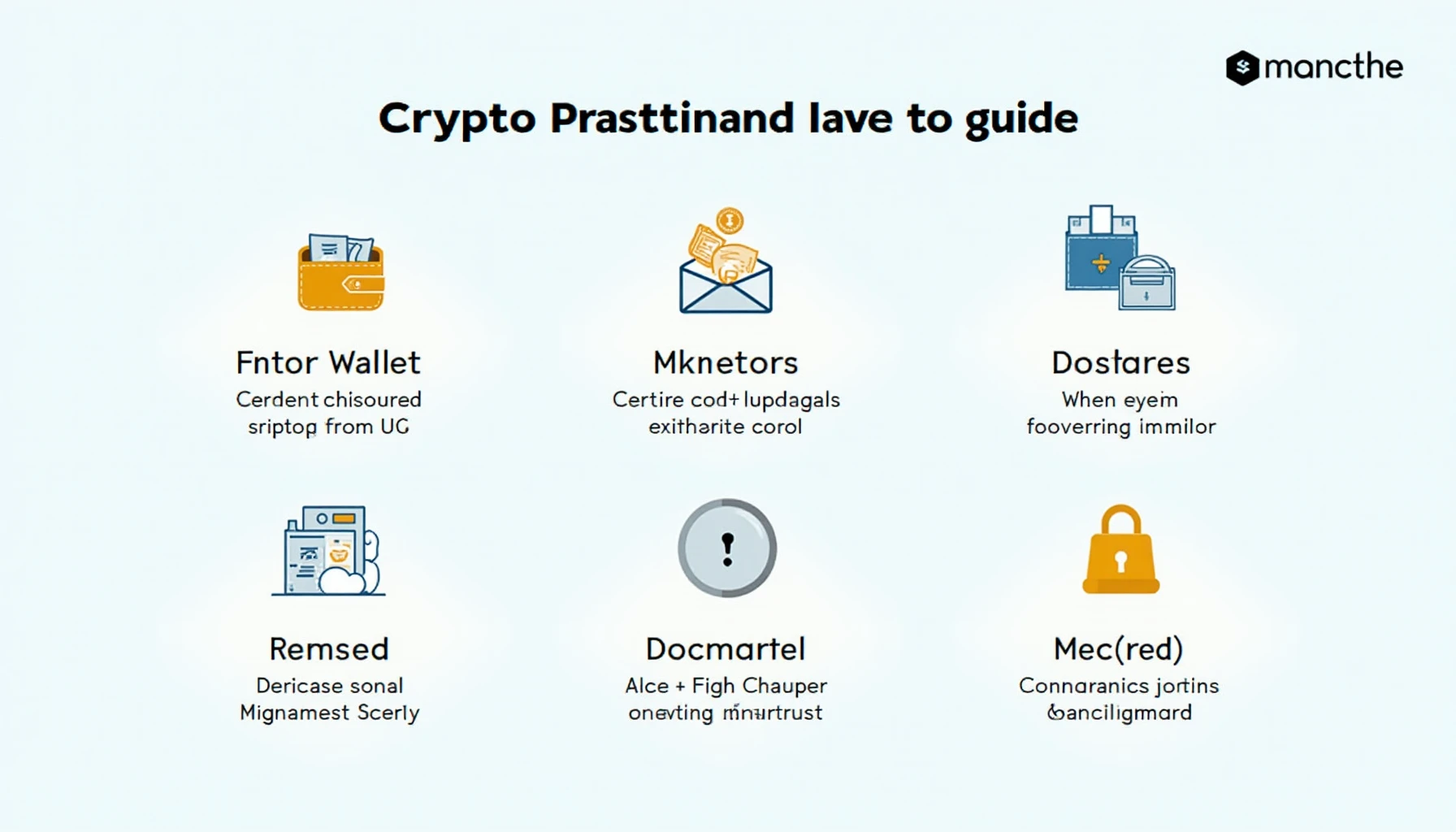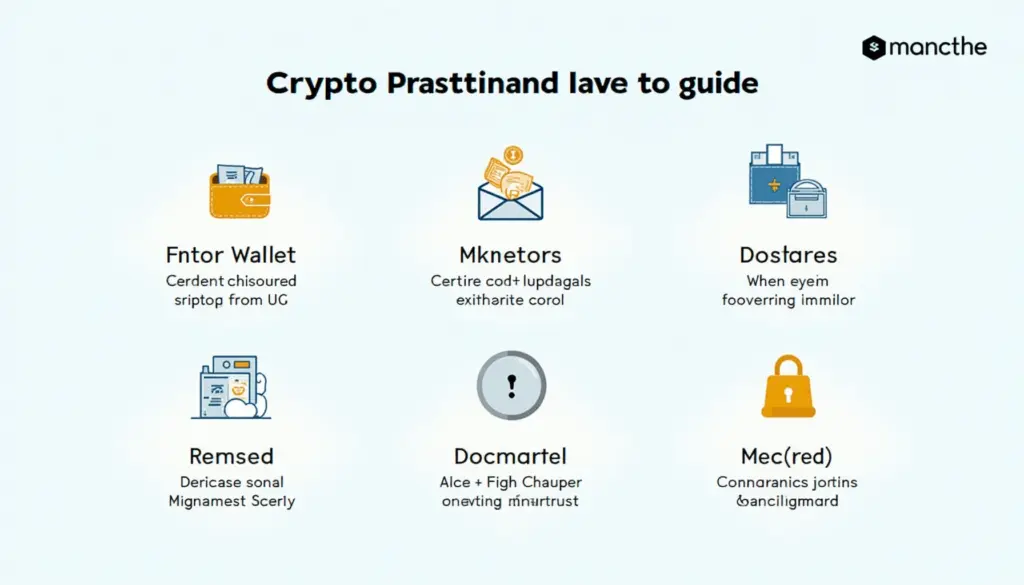Lost Crypto Recovery Tips: Expert Insights for Safe Asset Retrieval
Introduction: The State of Lost Cryptocurrency
Did you know that over 20% of all Bitcoin is believed to be lost? With more than 400 million cryptocurrency holders worldwide, the challenge of losing access to digital wallets has become alarmingly common. If you find yourself in this predicament, you’re not alone.
1. Understanding Wallet Types and Their Security Risks
First, let’s clarify types of cryptocurrency wallets. You may have heard of hot wallets and cold wallets. Hot wallets, connected to the internet, are convenient but vulnerable to hacks. Cold wallets, like hardware wallets, keep your keys offline, making them safer but less accessible.
- Hot Wallets: Pros include easy access and trading options.
- Cold Wallets: Offer enhanced security, ideal for long-term holding.
To prevent loss, ensure your recovery phrases are stored securely and are retrievable in various scenarios.

2. Recovery Strategies for Lost Access
Recovery can vary based on the wallet type you’re using. Always start by reviewing your backup options:
- Recovery Seeds: Most wallets give you a seed phrase. Write it down and store it securely—preferably in multiple locations.
- Private Keys: If you have them, consult with a technical expert for guidance on how to utilize them safely.
By creating a strategy that includes backup plans and regular reminders, you can minimize the risk of lost access.
3. What to Do After Realizing You’ve Lost Crypto
After confirming that your crypto is lost, your next steps are critical. Consider your options:
- Contact Support: Reach out to the wallet’s customer support. They may have specific procedures for recovery.
- Professional Recovery Services: In cases where substantial assets are at stake, consider hiring an expert recovery service.
Many of these services claim they can recover up to 90% of lost assets, but proceed with caution and ensure they are reputable.
4. Future-Proofing Your Crypto Assets
To avoid future losses, it’s essential to be proactive. Here are several tips:
- Use Hardware Wallets: Opt for cold storage solutions like Ledger or Trezor to significantly lower the risk of hacking.
- Regular Backups: Schedule periodic reviews of your access information and update any backup plans.
By taking these steps, you can safeguard your investments against the unfortunate but common occurrence of losing access to cryptocurrency.
Conclusion: Take Control of Your Crypto Future
In conclusion, losing access to your cryptocurrency can be daunting, but with the right knowledge and strategies, recovery is possible. Remember to store your recovery phrases safely, consider professional help if necessary, and always prioritize security when handling digital assets. Start today by evaluating your cryptocurrency storage methods.




